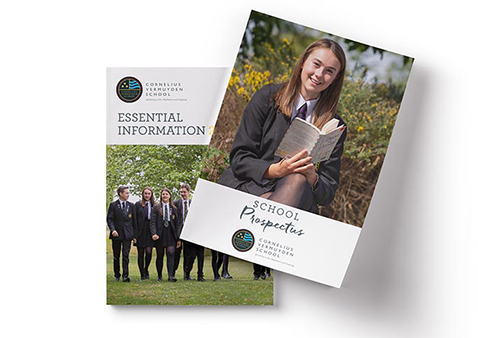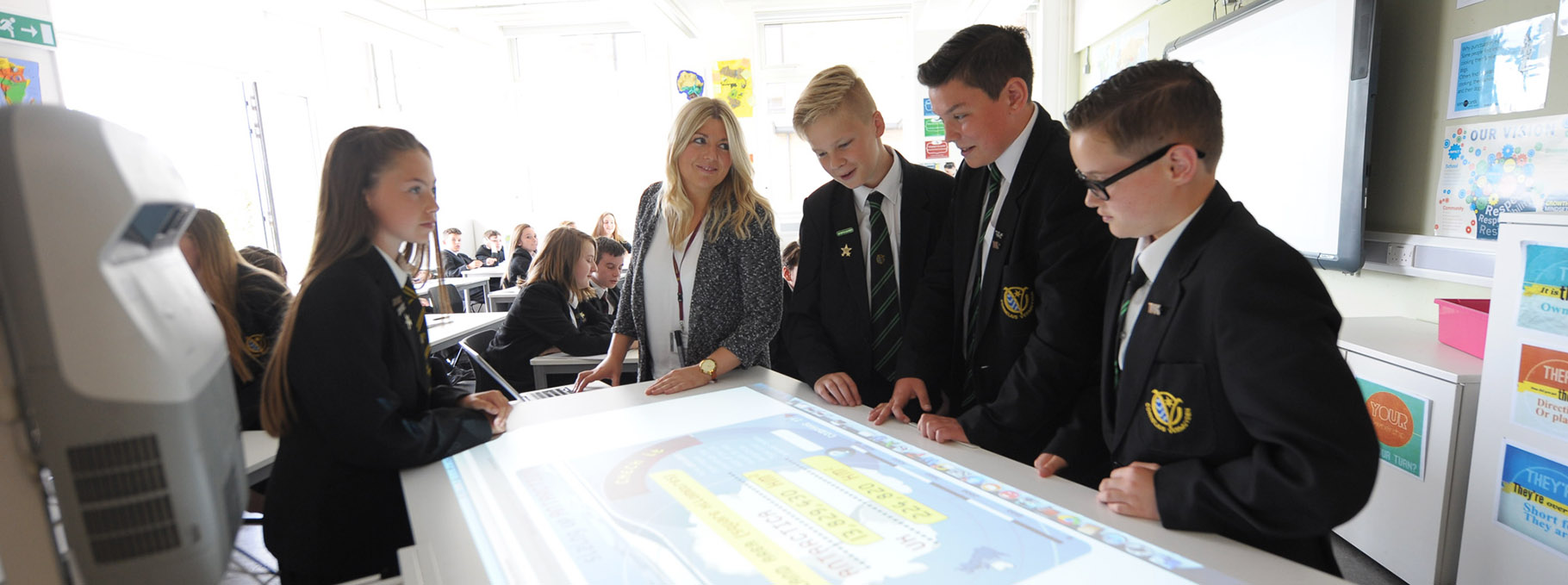
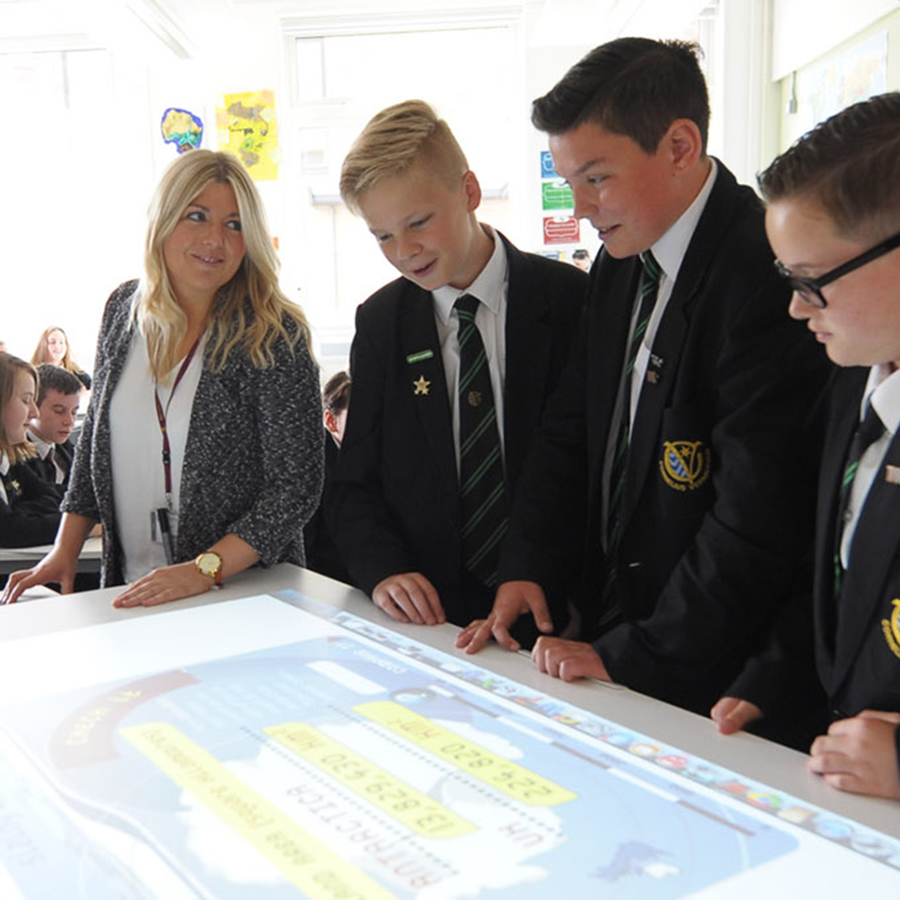
The KS3 history curriculum aims to ensure that all pupils gain an understanding of the history of Britain and the wider world. How peoples' lives have shaped Britain and other nations around the world.
Content:
The study of History will take students on a journey through time from the Norman conquest in 1066 to the empire building of the 18th and 19th centuries and on to the conflicts of the 20th century. Students will gain an understanding of the significance of ancient civilisations, how empires expanded and dissolved, the characteristics of past societies and the achievements and downfalls of mankind. This knowledge will be used as a building block for and an introduction to the course offered for study at GCSE.
Skills:
Students will gain a historically grounded understanding of concepts such as change and continuity, significance, cause and consequence. These will be used to develop the skills to make connections, draw contrasts and conclusions, frame questions, analyse, create structured accounts of their studies, carry out historical enquiries using evidence, understand contrasting arguments and interpretations of the past and prepare them for further study in history and other subjects.
Enrichment activities are planned to bring the history they are studying to life, site visits will build a contextual understanding and allow students to explore and ask meaningful questions about the period. At KS4 the opportunity to study GCSE History (beginning in 2015) is offered to all students. Students will study a course that includes:
two depth studies, each covering a substantial and short time span: - one British depth study from either the medieval (500–1500), early modern (1450–1700) or modern (1750–present) eras; - the other will be a European or wider-world depth study from an era different to the British depth study, such as Germany 1918-1939 or the USA 1954-75
They will study an historical site linked to the period studied and the people, events and developments from the era chosen.
Students will be fully supported in the development of necessary skills and knowledge, building on those gained at KS3. They will be offered the opportunity to visit historical sites relevant to their course to deepen their contextual understanding and offer them the chance to ask and answer meaningful questions.
Assessment from 2018 will be through external examinations only.
Extra Curriculum:
The History department offers weekly enrichment sessions for those studying KS3 and KS4 History.
The KS3 geography curriculum aims to inspire in pupils' curiosity about the world and people around them. Through high quality teaching students will gain a good understanding of the human and physical processes that shape our world.
Content:
Year 7 Geography at the Cornelius Vermuyden School begins with a focus on local issues and how to conduct a geographical investigation including local fieldwork. A study of Africa gives pupils the opportunity to explore the physical and human geography of this vast continent and to develop an understanding and appreciation of the similarities and differences between their lives and those of the pupils in our link school in Kenya, The St Cornelius Ramula Odowa School. Pupils will further develop their understanding of the physical and human worlds by studying the continent of Russia including its climate, population, soils and natural resources.
Year 8 geography builds upon the knowledge and skills developed in year 7 and tackles a range of topical issues that are affecting our world today such as the impact of a growing population and migration within the EU. Pupils are encouraged to question the world within which they live and will investigate the changing fortunes of India and the rapid economic development of Dubai. The impacts of the physical and natural world upon the human are further explored through the topics of rivers and hazardous world.
KS4 Geography begins in year 9. The opportunity to study GCSE Geography (beginning in 2015) is offered to all pupils. The subject content is split into sections with each section focusing on a particular geographical theme
A residential trip abroad is offered to all students that study GCSE Geography, in previous years we have climbed a volcano in Italy and enjoyed the beautiful setting of the Costa Brava.
Extra Curriculum:
The Geography department offers weekly enrichment sessions for those studying KS3 and KS4 Geography.
The curriculum is designed to enable students to develop their knowledge, self-esteem and self-confidence, to distinguish right from wrong and to respect the civil and criminal law of England. Citizenship encourages students to accept responsibility for their behaviour, show initiative, and to understand how they can contribute positively to the lives of those living and working in the locality of the school and the wider society. This also enables students to acquire a broad general knowledge of and respect for public institutions and services in England.
Citizenship promotes further tolerance and harmony between different cultural traditions by enabling students to acquire an appreciation of and respect for their own and other cultures. This encourage respect for other people, respect for democracy and support for participation in the democratic processes, including respect for the basis on which the law is made and applied in England.
All students are expected to complete a GCSE course in citizenship at Cornelius Vermuyden. This involves producing two 'active citizen' campaigns based on 1) rights and responsibilities as a British citizen and 2) identity, democracy and justice as an active citizen. These are internally assessed and make up 60% of the final grade. There are 2 exams on
PSHRE stands for personal, social, health, religious and economic education. It is a broad subject that aims to help students develop fully as individuals and as members of different communities including the school and family community. PSHRE enables pupils to develop their self knowledge, self esteem and self confidence.
There are a number of themes that are studies throughout KS3 and KS4, each key stage builds upon the knowledge and skills gained previously.
Years 7 – 10 will each focus on a world religion and explore the beliefs, values and customs of this religion. Through acquiring an understanding of these religions and cultures students will gain a greater respect and tolerance for diversity. The religions studies are listed below
During year 11 PSHRE lessons prepare pupils for the next steps they are about to take and helps them to develop personal statements for college applications and CV's. The options available to them when they leave Cornelius Vermuyden are explored in detail and all students are given an appointment with our careers advisor to ensure that they are fully prepared for the future.
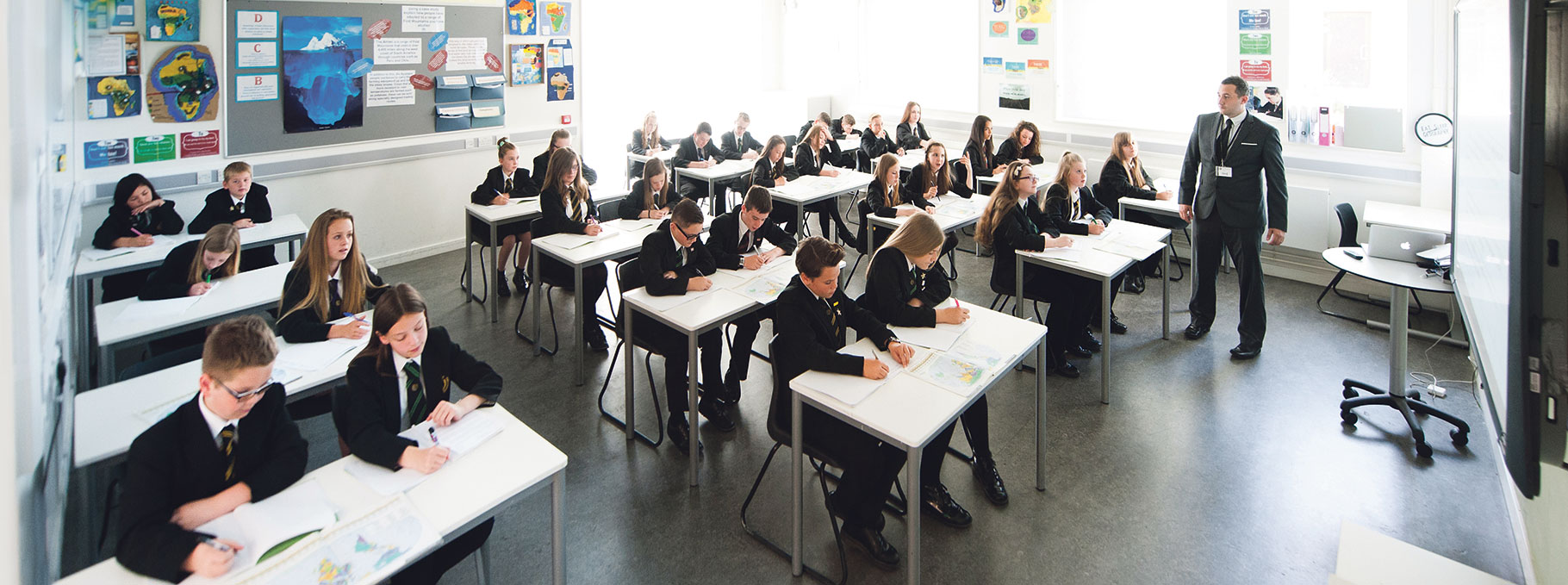
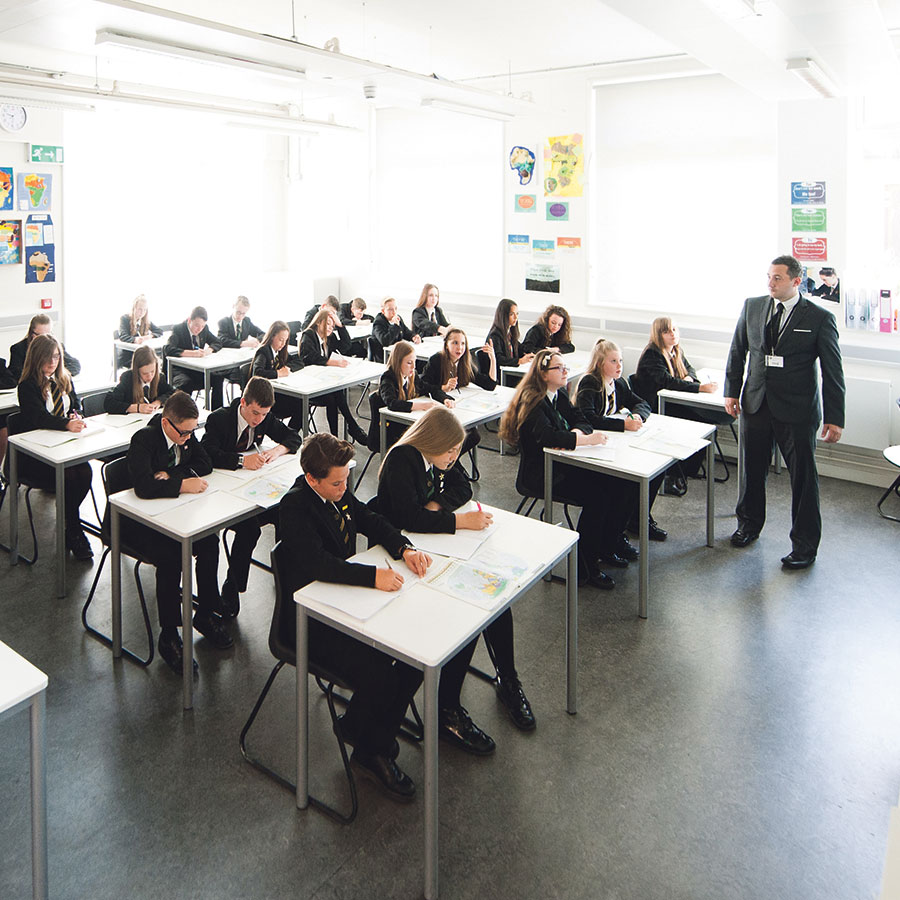
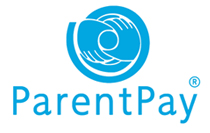
Our prospectus gives you a fully-rounded view of life at Cornelius Vermuyden School, and comes complete with our latest exam results.
DOWNLOAD NOW!
